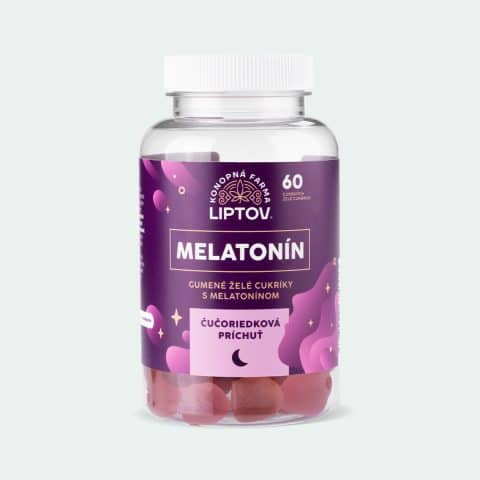Elixir of the night and the secrets of melatonin

Our current lifestyle is mostly associated with excessive hustle and bustle and constant stress. However, the persistent tension we are exposed to on a daily basis is not conducive to quality sleep. Fortunately, there are now several techniques to help you get a good night’s rest. For example, the hormone melatonin, which is naturally produced in large quantities in our body in the dark. In light, on the contrary, receptors block its production, which makes our circadian rhythm work as it should. However, melatonin is not only a guarantee of deep sleep, but also a key player in various other biological processes in our body.
Guardian of biorhythms
Melatonin maintains the balance and harmony of our biological clock system. Its levels increase at night, in the dark, preparing our body for sleep. In the morning, its levels drop, sending the signal that it is time to get up.
Sleep aid
Quality sleep is crucial for the functioning of our body. Due to exposure to artificial light shortly before bedtime, our circadian rhythm can be disrupted and this can in turn cause sleep problems. It has been shown that melatonin supplements can be effective for a variety of sleep problems such as insomnia, poor quality sleep or frequent awakenings.
Fighter against oxidative stress
Melatonin is a powerful antioxidant that fights free radicals and thus helps protect our bodies from damage. Thanks to this defense, melatonin reduces the risk of burns that are associated with oxidative stress. This can be cardiovascular disease or even some cancers.
Crossing time zones
As the earth flies between different time zones, our biological rhythms can become disrupted and not match our new time zone. Melatonin supplements can help the biological rhythm to readjust more easily and quickly, alleviating the so-called jet-lag.
Support of intestinal microflora
Melatonin receptors are distributed throughout our body and therefore affect various functions of our body. Among other things, it has probiotic effects, promoting the growth of beneficial bacteria in the intestine while inhibiting the growth of harmful microorganisms. It has anti-inflammatory properties and can also regulate the production of stomach acid.
Melatonin, then, is not just a sleep hormone as most people know it. On the contrary, its receptors can regulate many other functions of our body. It helps in maintaining immunity, improves fertility, affects both memory and learning, and can even help with digestive problems.


